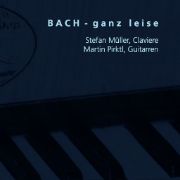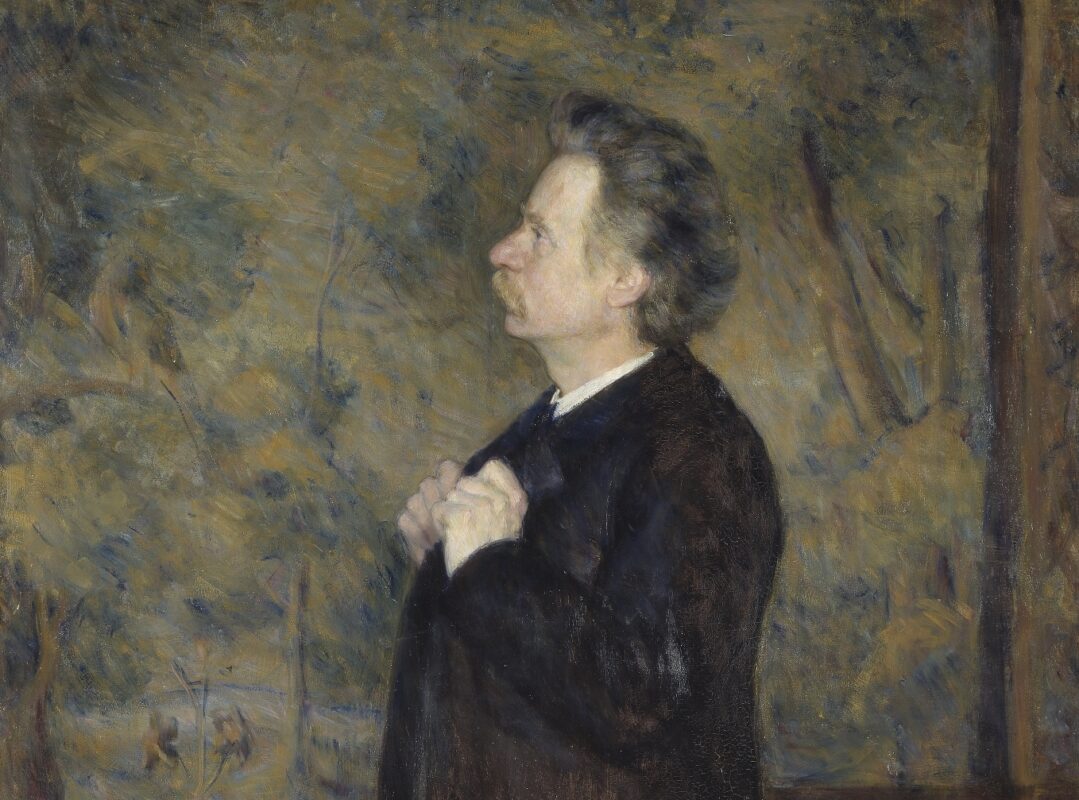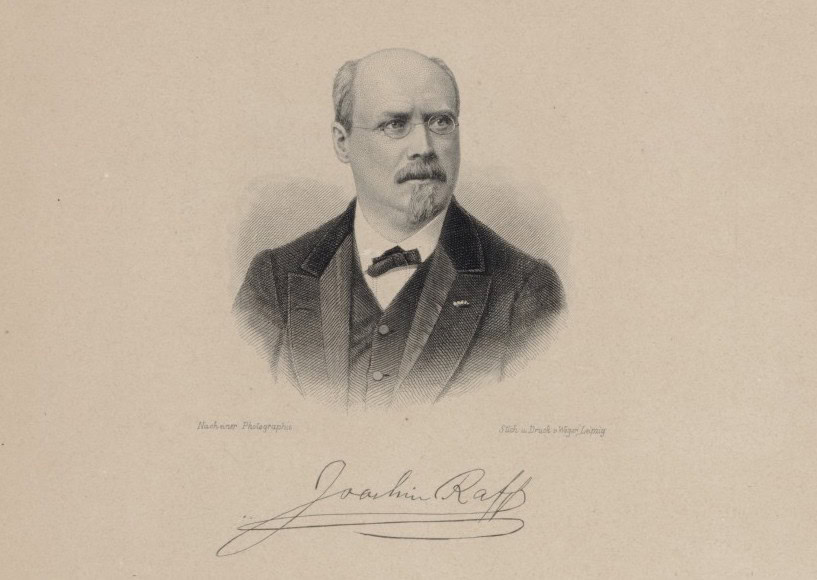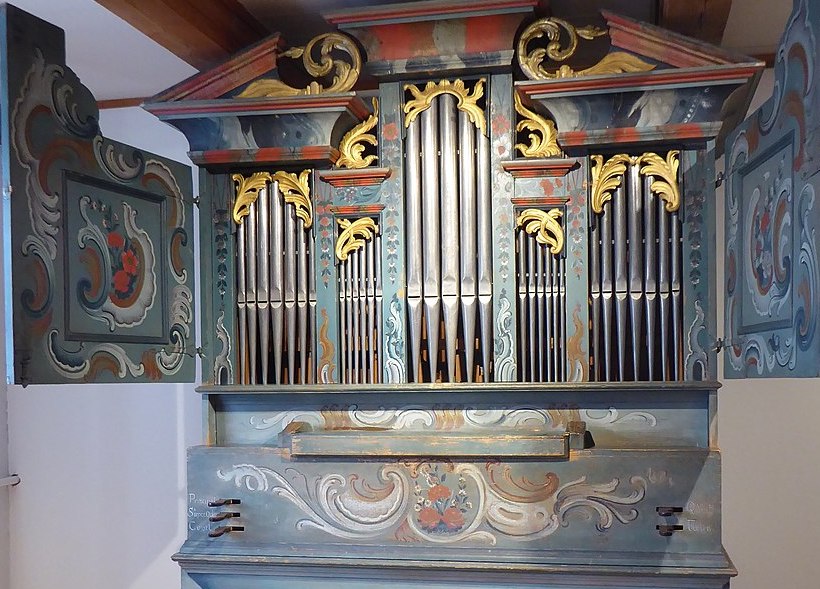Quiet dialogs of history
Historically informed, Stefan Müller and Martin Pirktl expand the cosmos of Johann Sebastian Bach.
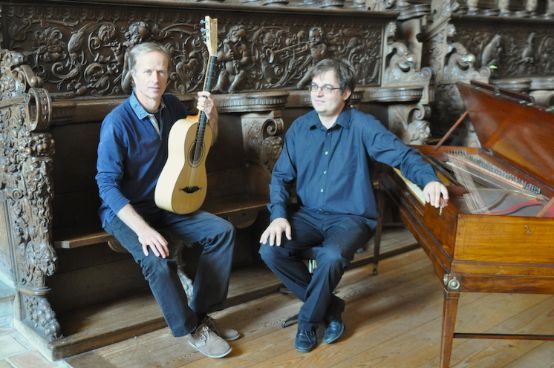
For a long time, Johann Sebastian Bach was subject to what beer still is today: the German Purity Law. Stefan Müller (keyboard instruments) and Martin Pirktl (guitars) pay little attention to this. Neither do some composers who enriched Bach's works around 200 years ago. Ignaz Moscheles (1794-1870) left the fugues untouched, but added many a passage of his own to selected preludes of the Well-Tempered Clavier. Müller and Pirktl extend the dialogs of history by transferring Moscheles' pieces "provided with a concertante solo part" into the present. Both are historically informed interpreters and have given a great deal of thought to older moods as well as tempo issues.
Ignaz Moscheles' Bach pieces seem more like an absurd musical-historical scurrility, despite the unusual instruments - a Biedermeier guitar and a fortepiano from the early 19th century. Much more memorable are the Canonical changes from the Goldberg Variations in the careful arrangement by Josef Rheinberger (1839-1901). It is basically an orchestration, as Rheinberger essentially transferred the original variations to two pianos and only inserted chromatic fills or octave doublings in some places. Max Reger appreciated what Rheinberger described as a "reverent arrangement" and published Rheinberger's collection almost unchanged.
Even if some of the works seem strange, the CD always has a special tonal charm. The wondrously subtle tone of the old instruments, the pronounced sense of sound and the sovereignty of the clever interpreters make Bach - ganz leise a serious competitor to no less high-gloss productions, which incidentally are probably not entirely in Bach's spirit either.
Bach - very quietly. Stefan Müller, keyboard instruments; Martin Pirktl, guitars. www.contrapunctus.ch






